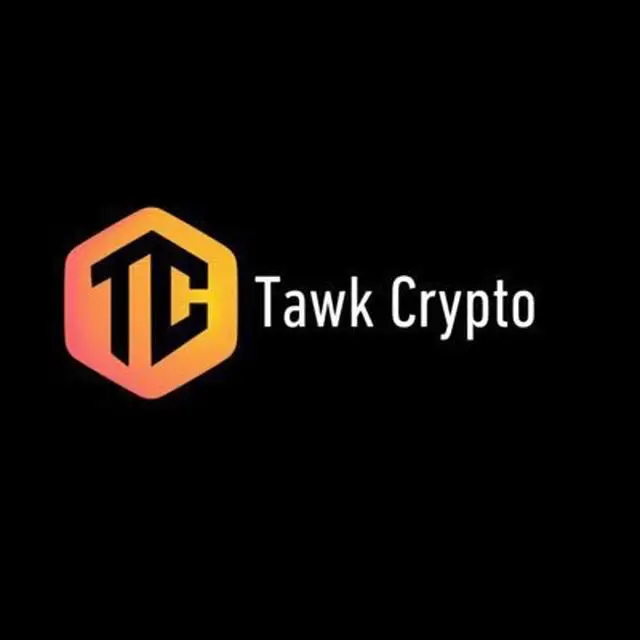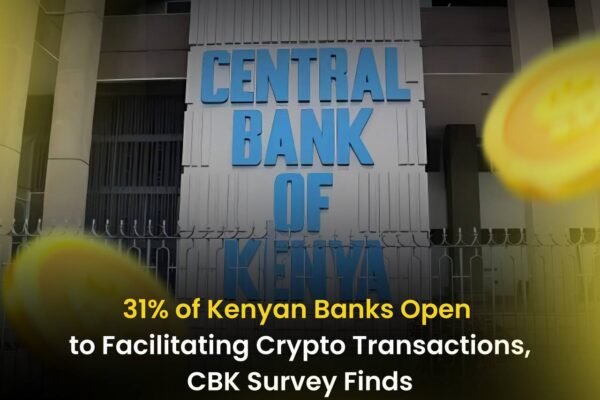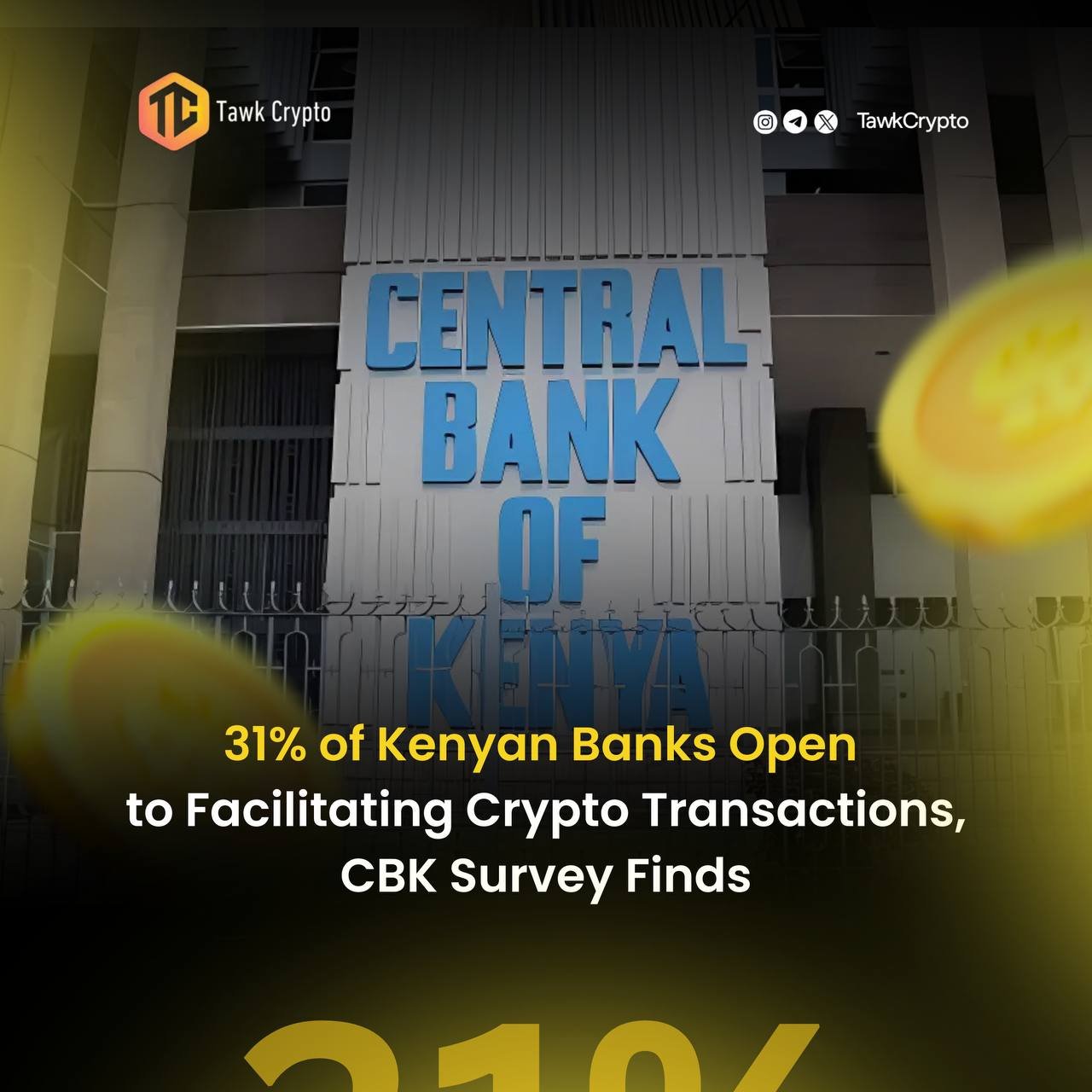

Luno Chief Calls for Regulatory Clarity on Bitcoin’s Onshore Status in South Africa
Paul Harker, Global Head of Legal and Corporate Strategy at Luno, has urged South Africa’s National Treasury to classify Bitcoin as an onshore asset when held by local exchanges. He argues that this move would unlock greater liquidity inflows, making it easier for institutional investors to allocate funds to crypto assets like Bitcoin within the country’s financial framework.
The Details
Harker made these remarks during an appearance on South African television, calling on the government to provide much-needed clarity around Bitcoin’s status as an investment asset. According to him, existing regulatory restrictions limit how much institutional investors can allocate to assets that are classified as offshore—or, in Bitcoin’s case, not classified at all.
Harker believes that South Africa is missing out on potential tax revenue that could be generated from increased investment in Bitcoin. He pointed out that a significant amount of capital is currently on the sidelines, waiting for the right regulatory classification before being injected into the asset.
Over the past few years, Luno has been involved in discussions with the South African Reserve Bank (SARB) regarding cryptocurrency regulations. These conversations, according to Harker, have played a role in shaping the country’s recently enacted crypto regulations.
Key Quote
“What we are looking for is clarity from the National Treasury on when [and] under what conditions cryptocurrencies can be considered as an onshore asset,” said Harker.
He further emphasized, “We have got a lot of institutional asset managers interested in investing in [Bitcoin] that are currently held back by the classification of whether it is onshore or offshore.”
Be Smart: Understanding Onshore vs. Offshore Assets
In investment terms, onshore assets refer to assets held by individuals or institutions that are legally considered residents in the country where the assets are located. These assets are subject to national regulatory laws. In contrast, offshore assets are held and managed by institutions outside the country and often remain unregulated or fall under a different jurisdiction.
Zoom In: South Africa’s Crypto Classification Debate
As a locally licensed exchange, Luno is classified as an onshore institution because it operates within South Africa and adheres to the country’s financial regulations. However, Bitcoin and other cryptocurrencies currently lack a clear classification within South Africa’s investment framework.
South African financial regulations allow more institutional capital to flow into onshore assets compared to offshore ones. If Bitcoin is classified as an onshore asset, local institutional investors—such as pension funds and asset managers—would be able to invest larger amounts in it, boosting liquidity and growth in the country’s crypto sector.
Globally, most investment assets are considered onshore, primarily to ensure they fall under the jurisdiction of specific regulations. According to the Organization for Economic Cooperation and Development (OECD), offshore assets make up less than 2% of global investment portfolios. However, cryptocurrencies are disproportionately classified as offshore assets due to their borderless nature and the lack of jurisdiction-specific regulations.
Zoom Out: South Africa’s Regulatory Progress on Crypto
While South Africa has made significant strides in regulating cryptocurrencies, the process of defining specific aspects of digital asset ownership and usage is ongoing.
As of early 2025, the Financial Sector Conduct Authority (FSCA) has approved licenses for 248 crypto firms, marking a significant step toward regulatory oversight. However, full regulatory clarity on various aspects of cryptocurrency ownership, investment, and taxation remains a work in progress.
Luno’s call for the classification of Bitcoin as an onshore asset underscores a broader push within South Africa’s crypto industry to create a structured, regulated environment where investors can confidently allocate funds to digital assets. Whether the government will heed this call remains to be seen, but institutional investors are watching closely, waiting for the green light to inject more capital into Bitcoin and the broader crypto ecosystem in South Africa.
Read also: A Look at the State of Crypto Regulation Across Africa in 2024







